Introducing "A Tech Jones"
My Generation is a Veritable History of Technology
TODAY'S RAMBLINGS
4 Minute Read
Happy Friday, and I trust you had a great Christmas. We did and I can’t eat another bite of Honeybaked Ham. Nor digest Love Actually again.
But I digress and as I observed recently, the public seems to prefer technology chatter for their online reading, and I am happy to oblige. Heck, it might even be interesting.
Today, I am starting a new series, but don’t worry, this one is different. First, it’ll only be 5 or 6 parts, and it’s a series in the first place because it’s made up almost entirely of photos.
Here is the Introduction and Chapter 1 of A Tech Jones.
Introduction
I was born in 1963, at the end of the Baby Boom Generation. Many now call my cohort Generation Jones, correctly separating us from those who were teenagers in the 1960s. This illustrates the difference.
And here’s a fun one minute video on the subject.
Whatever you call us, my generation, and my generation only, has experienced the complete analog and digital gamut of technology. No generation before or after ours had it all like we did and do.
While early Baby Boomers can say they remember a time before television, most of these former hippies are now so old they’re still on Facebook, if they know how to use the Interwebs at all. I kid my early Baby Boomer friends (and family), but it’s true: Generation Jones has seen it all and, critically, knows how to use it all - including artificial intelligence (AI).
Well, with one disclaimer: most other Jonesers and I have neither sent nor received a telegram.
In this and the upcoming chapters, I will review the primary technologies used in the lives of Generation Jones. And - shocker - I am going to add a personal spin. Because the tech journey of A Tech Jones - the generation and the person - is a story worth telling.
Let’s grab a tape recorder and some carbon paper and get started.
Chapter 1: Not a Zero or a One in Sight
Let me be brief in describing the world that existed throughout the 1960s and 1970s: There was no Internet. And computers were not used by the general public.
Got it?
I find it interesting the radical sea change from an analog world to today’s digitized version has not been studied further. It is worth emphasizing that even electronic things like TVs, radios, and telephones were fully analog then and the difference from that to now is not minor.
In terms of everything.
Typewriter
True story: My parents bought this used for me and I had it throughout childhood. My Underwood was built like a tank and I could barely lift it as a kid. I had either this exact model or one very much like it.
I fucking loved it, and writing. Yes, even then.
Later, this is what the world used, including my fellow Generation Jones wife Julie when she was a legal secretary in Houston in the early 1990s. This is the IBM Selectric, the go-to electric typewriter for decades.
IBM was ironically the king of mainframe computers (coming up in a later chapter) at the same time, and will later play a major (and quasi-suicidal) role at the dawn of modern personal computing (also coming up).
Indeed, the typewriter is an interesting demarcation point, as newer generations likely have not seen one, let alone relied upon the reassuring clickity-clack. Not those in Generation Jones - this was the writing tool until well into our adulthood in the 1980s.
Landline Home Telephone
Sure, most remember when everyone had a telephone at home, one that stayed there and offered no computing capability.
But my father worked for the mighty Bell System telephone company, so we didn’t just have a landline telephone, we had a Trimline Phone. Indeed, Dad had this initial dial version and then the pushbutton (Touch-Tone!) model in his den during my childhood. These were a big deal at the time (mid-1960s), which is ridiculous.
Yet the landline telephone was the center of the communication universe for Generation Jones. Aficionados will recall answering machines and busy signals but then call waiting. Having a phone in one’s bedroom - especially if you were a girl - was a big deal, reserved mostly for the well-to-do.
This fell apart and it all became irrelevant so quickly. I’m frankly glad my phone company father missed most of it; a proud member of the Greatest Generation, he died in 2007.
The same year Steve Jobs introduced the iPhone.
Car Telephone
This is where I separate myself from your everyday Boomer or Joneser. For a while working at the phone company, my father was given a company car, a fairly mundane Ford sedan, if I recall correctly.
But what was not mundane was the ability to make calls away from the home or office! This was unprecedented and very, very few people had a car phone. Dad did, and this was it.
Now? We won’t be encouraged to use our phones in a car until they are driving themselves: Distracted driving tragically kills thousands each year.
AM/FM Radios
Some will remember when radio still mattered. I remember when it really mattered, as some friends of my parents gifted me a tabletop model that had incredible reception. So good I could listen to Cleveland Indians baseball games from my bedroom in Albany. On something a lot like this.
Who needed the Internet?
Of course, you wanted radio away from home, and that was the domain of the Transistor Radio. The one with the single earbud.
The demise of the world of radio saddens me, and it is ongoing. AM radio is already on life support - carmakers are being forced to offer them.
The industry cites electric motors in EVs causing static on a car’s AM radio, so why bother including them?
The real answer is that nobody listens to AM radio any longer.
Next: Paper Roadmaps (and no, it can’t get any more exciting)
FROM THE UNWASHED MASSES
Speaking of older generations and technology, Anonymous - still vibrant technically and otherwise - shared a cool video for Christmas.
You might as well see this one, too. I shudder at the capabilities of the battlefield versions of Spot (above) and Atlas (below), but that can wait until after the holidays.
Thank you for reading this newsletter.
KLUF
For this spellbinding new series, I’ll try to select something from the fake KLUF archives that roughly equates to the era covered by the chapter. This does that, and so much more, including the obvious. But it also highlights how wrong it is to forget this Textbook rock debut. This album presaged genres like hard rock and punk. In 1965.
It also sounds like something on the radio from then.



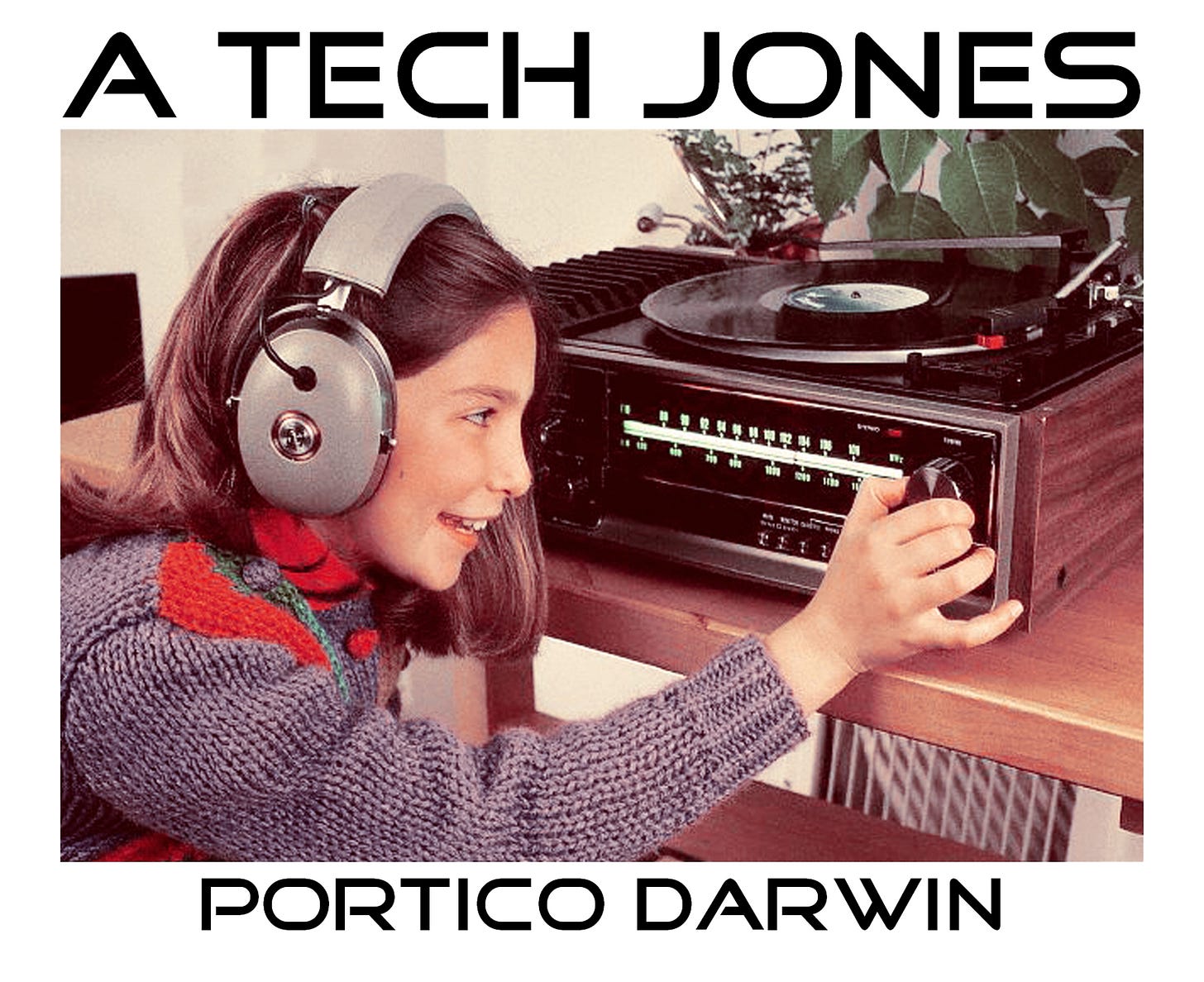
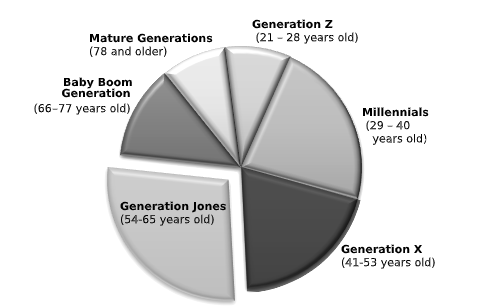

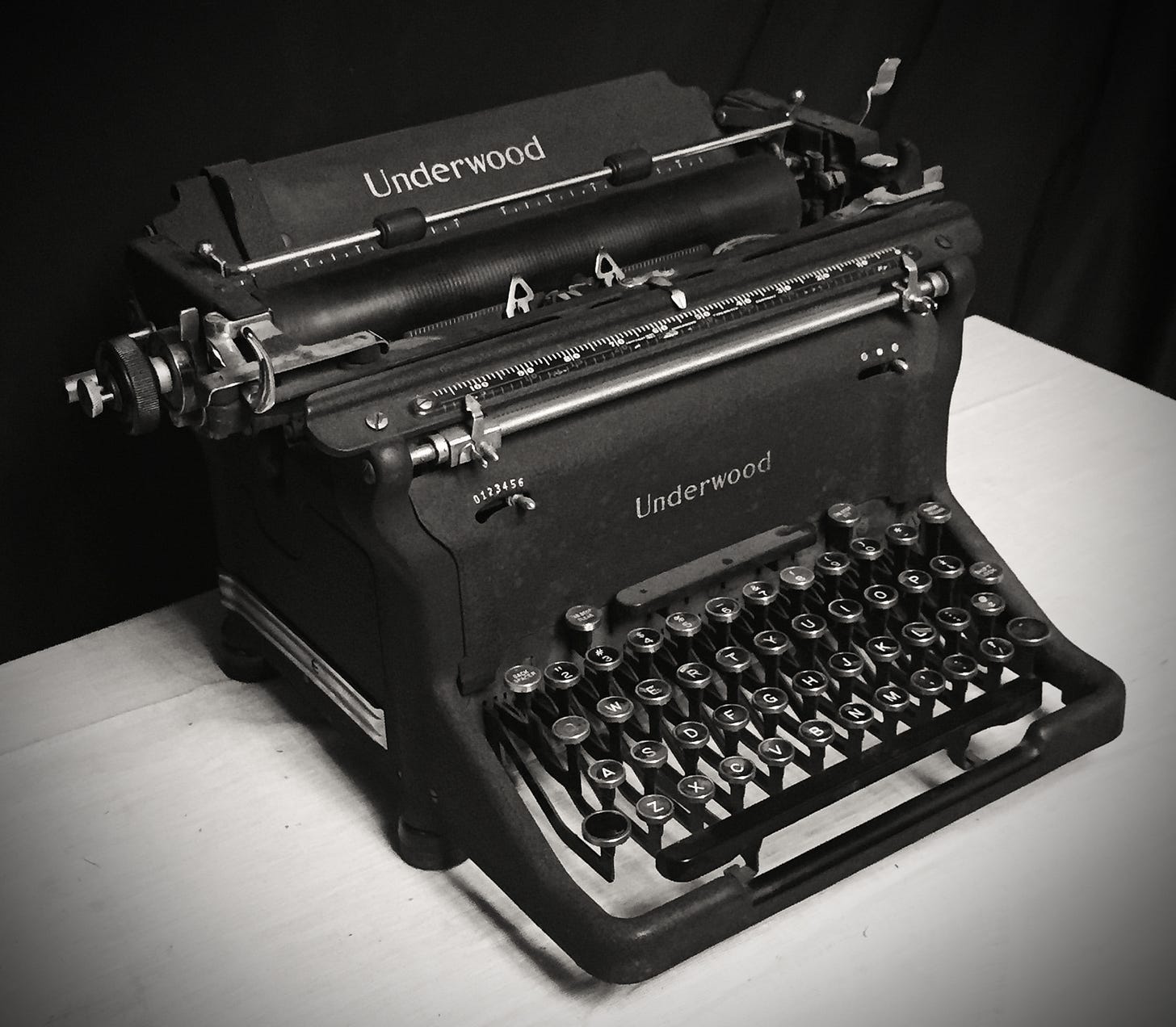

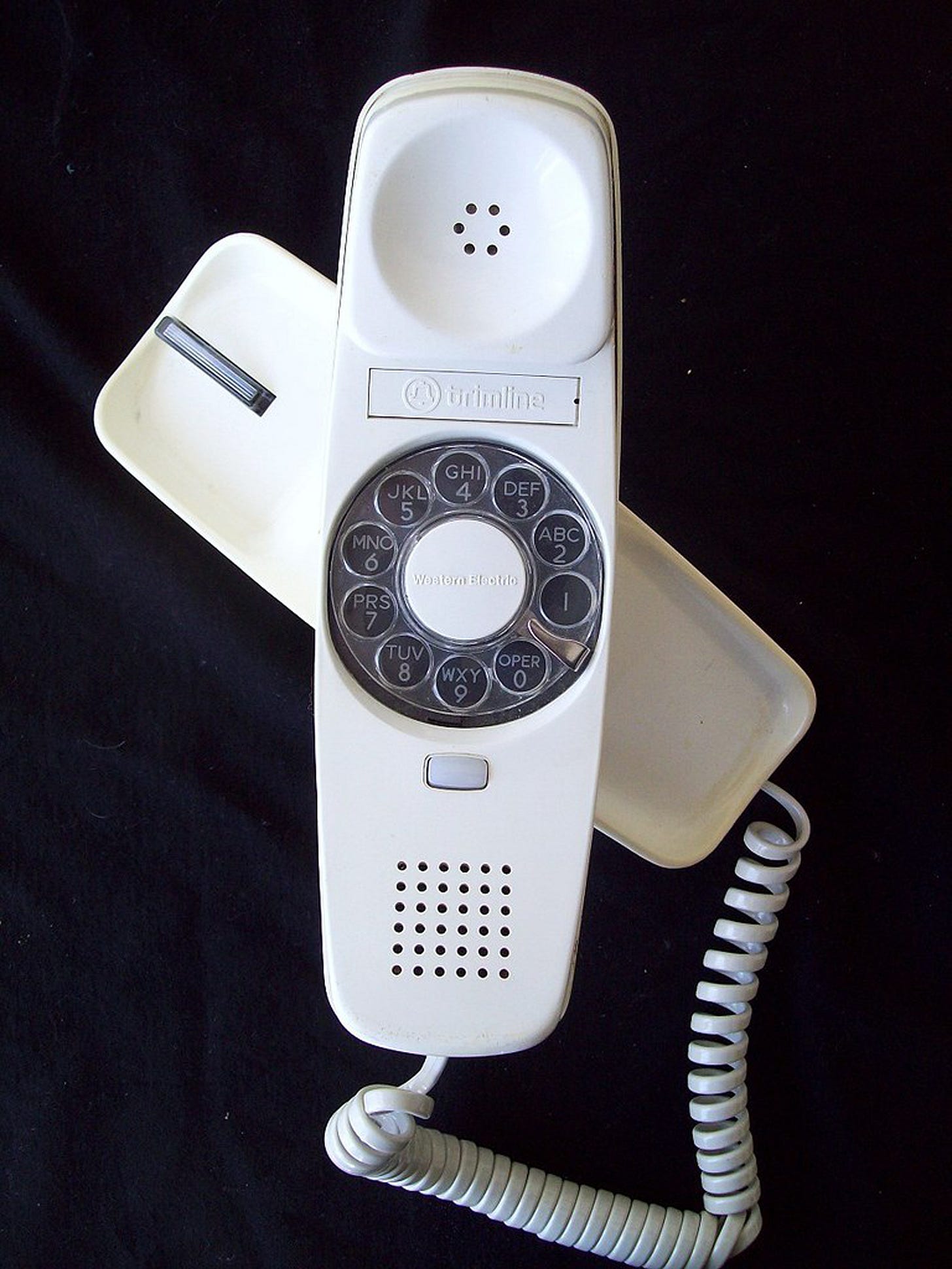

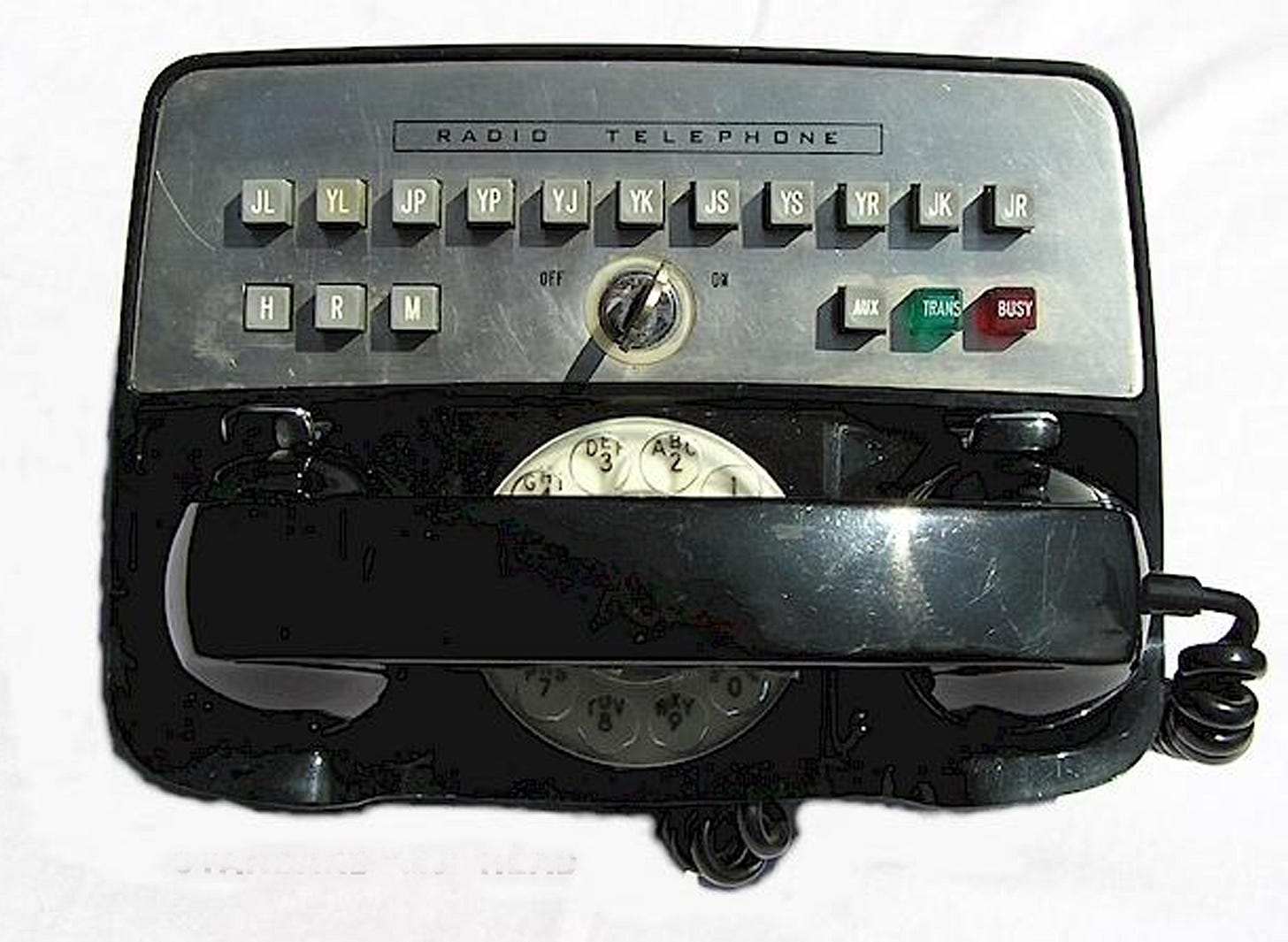
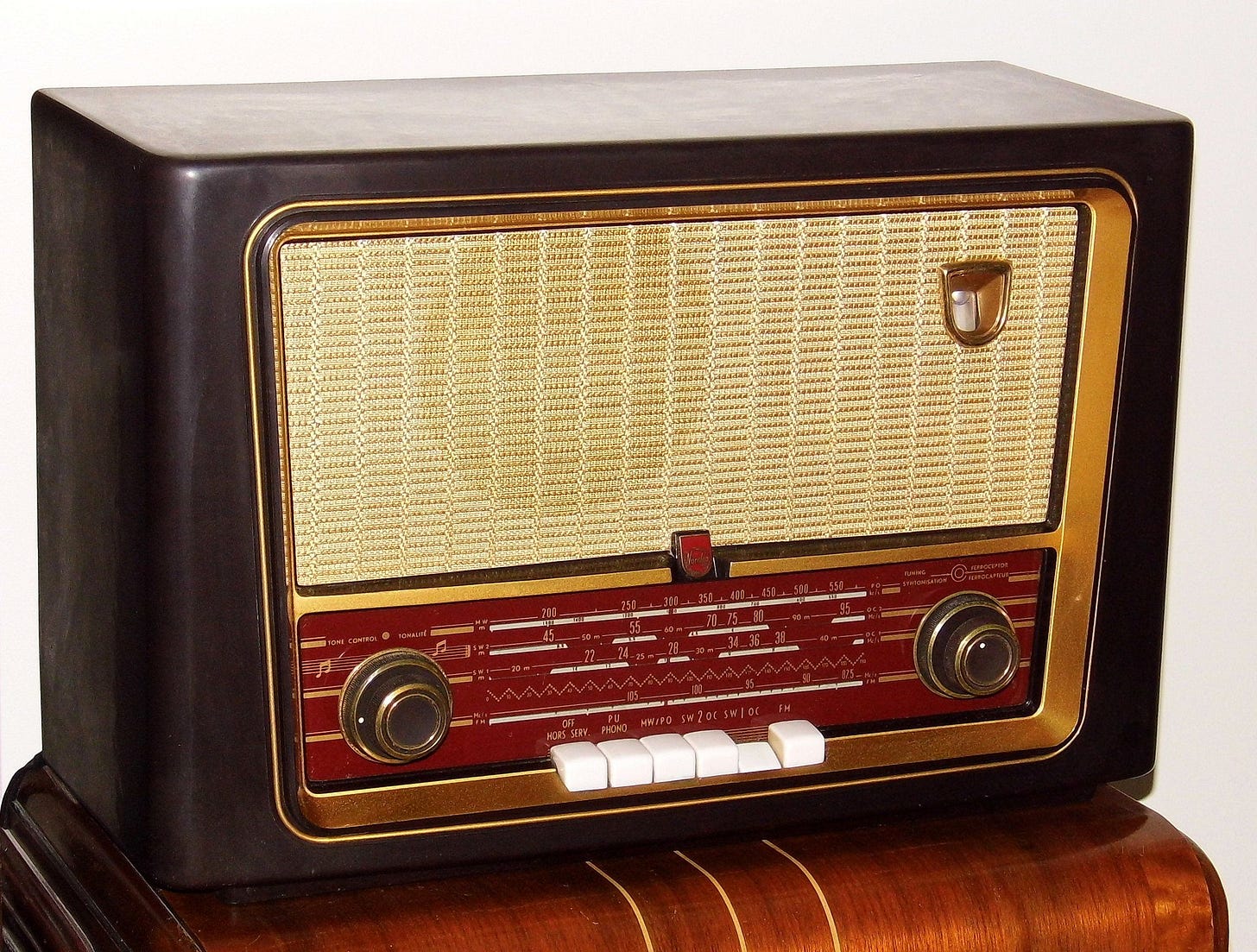
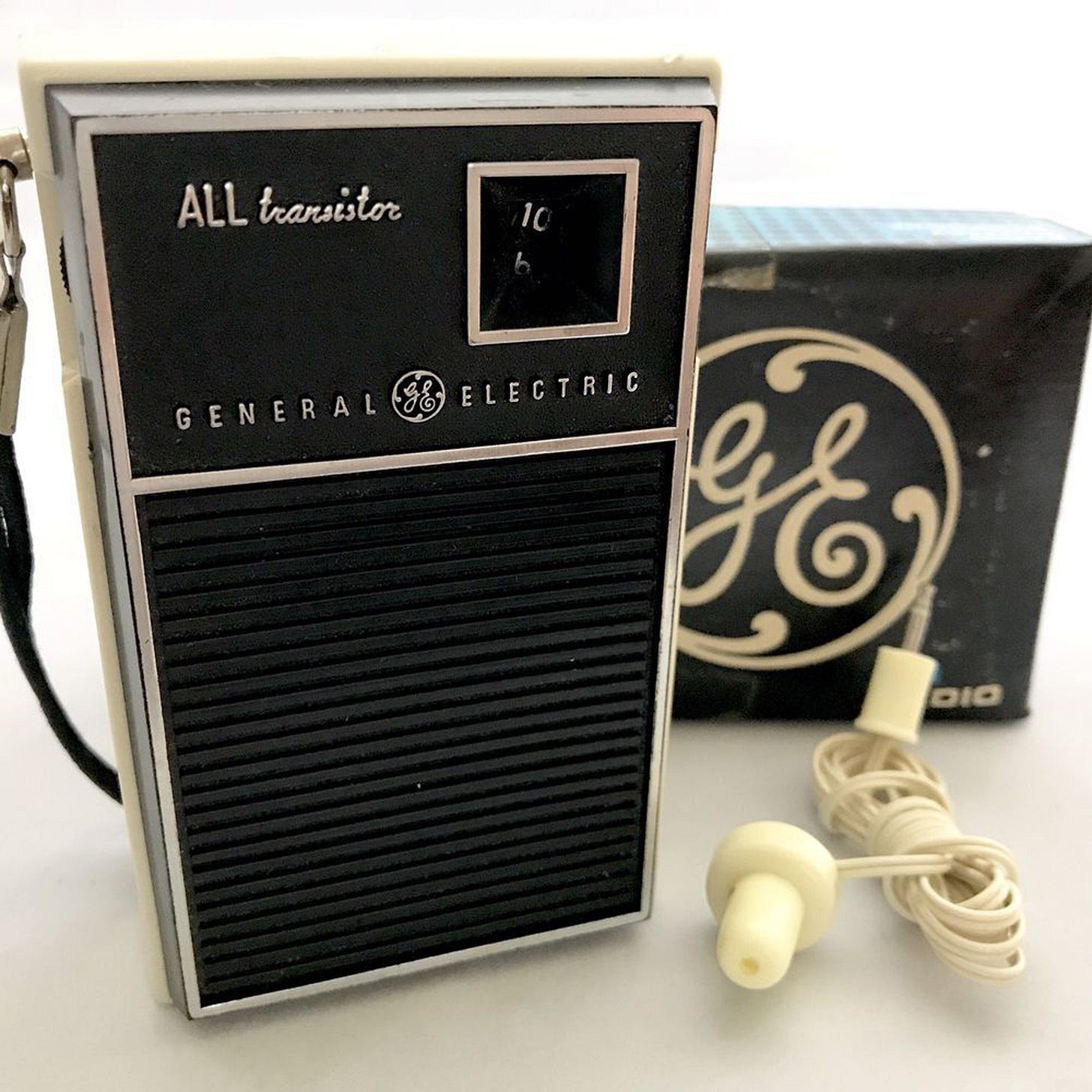

While computers were not used by the general public in the seventies, It was a large minority. Although the first personal computers in the U.S. came out in kit form in '74,
by '79 there was a large base of users with off the shelf computers including TRS-80, Apple II, Commodore 64, Atari 400 & 800, and others.
the Seventies were the beginning of general digital consumer electronics technology.